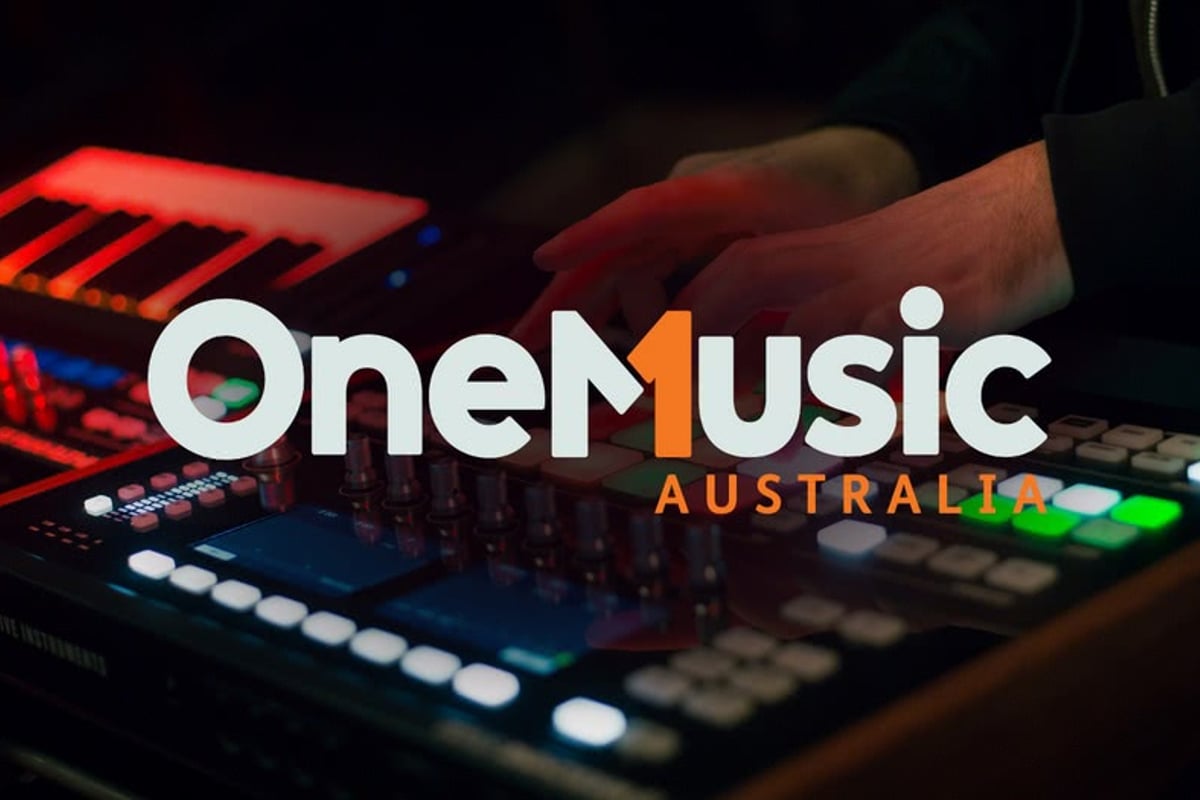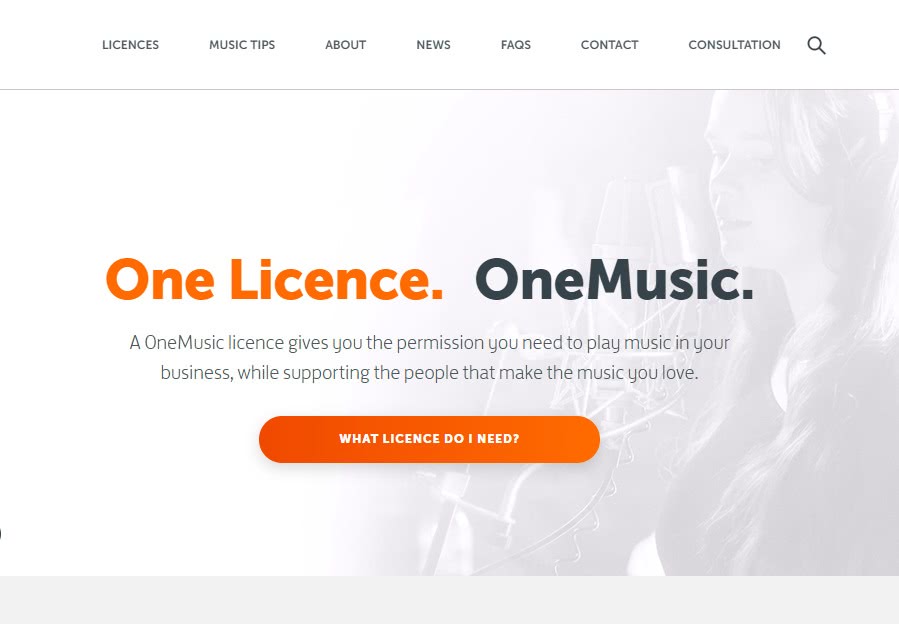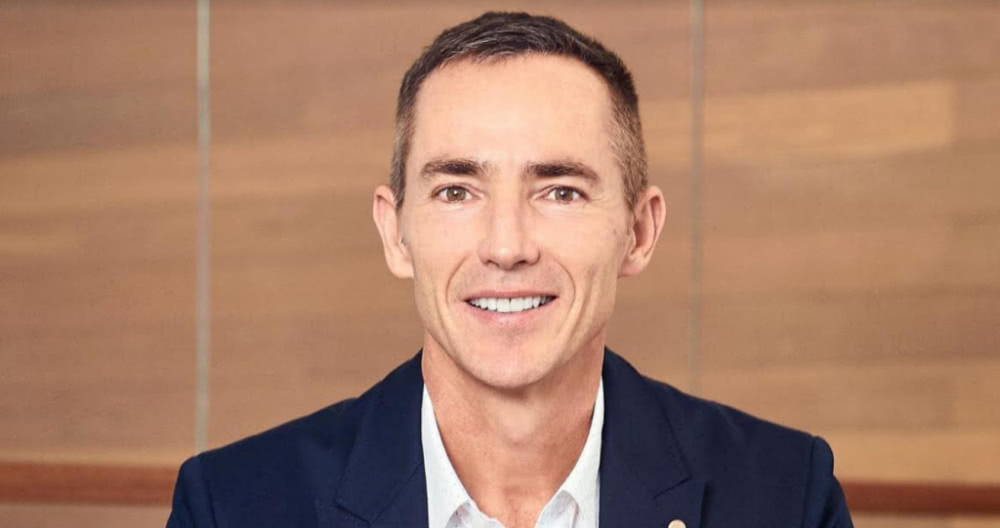Dean Ormston talks OneMusic Australia launch: ‘We knew this was going to be a big job’

It’s a new day, a new financial year and a new dawn for music licensing. On Monday, July 1, after years to testing and refining, APRA AMCOS and PPCA launched OneMusic Australia, a one-stop shop for music licensing.
APRA AMCOS CEO Dean Ormston spoke with TIO about the joint initiative, which licenses an enormous library of tunes that rolls in both licences and which he characterises as a win-win for creators and for businesses that use music.
OneMusic Australia has been a long time coming. What does this mean for the Australian music industry?
Yes, it has! Both organisations have been licensing their respective rights for decades – APRA since 1926 and PPCA since 1969 – separately and independently of each other.
That separation might have been logical to the music industry but it could lead to a level of confusion and frustration from our customers, which is why we started the official process of building OneMusic Australia from the ground up in December 2016.
That’s the real genesis of this initiative – to make it easier and simpler for businesses to use music. And benefit from it.
Of course, in time, we’ll see a knock on effect for the music industry as the marketplace comes to better understand the value of music to business, and the importance of fairly compensating the people that create that music.
It’s a win for businesses using music, and a win for music creators – songwriters, composers, recording artists, publishers and labels.
OneMusic offers a one-stop shop for music licensing – a portal that makes it quick and simple for businesses to assess the music licence they need, get a quote and pay. It’ll work much in the same way that businesses apply online to organise their insurance cover or mobile phone plan.

OneMusic Australia
What lessons did you learn from the NZ rollout? How successful has the licence been in NZ?
OneMusic NZ has been incredibly successful and we’ve learned a lot from that experience. It was a world first attempt at bundling music rights licensing in a one-stop-shop, and will celebrate its sixth anniversary this September. Market acceptance has been phenomenal.
Outside of technical processes and efficiencies, I think what our Kiwi colleagues have really taught us is that education is paramount. Many business owners have no prior understanding of music copyright and licensing, so we’ve ensured we have a very well trained, enthusiastic and friendly customer service team to help them with their first OneMusic experience.
How will you promote this to the organisations that need to use it?
It’s a big job! We’ve consulted with more than 50 industry associations over the past two years in our redevelopment of more than 20 new industry-based schemes for OneMusic Australia. We’ve received great input from industry associations, representative groups and individual licensees.
APRA AMCOS and PPCA currently have over 140,000 locations licensed for their use of music. We’ll be contacting these businesses over the next 12 months to relicense their use of music under OneMusic Australia.
Good communication is critical and we’ll be taking an ‘education first’ approach in continuing to work closely with industry associations and stakeholder bodies through trade media, information sessions, participating in relevant conference and industry events.
We knew this was going to be a big job, and we’ll build on the work we’ve done over the past two years – and most importantly we’ll continue to talk to people around the country, by phone and face-to-face about the benefits of OneMusic.

Dean Ormston
Is there an expectation that through the simplicity of this licence scheme, in time you will license more venues than under the current system? Has that been the case in NZ?
We’re confident that OneMusic presents a simple and effective solution – selling the benefits of using music in your business and a simplified compliance solution. Our licensing reach improved dramatically with the launch of OneMusic NZ, and that was without the benefit of an interactive online portal.
It’s a natural outcome of an improved service. OneMusic Australia launches with a portal that provides a one-stop-shop and real time interaction – which we’ll be rolling out to NZ as well.
What scope is there to make improvements to the model? Will it be regularly reviewed?
The portal has already been tested with licensees as part of the design, but we expect there’ll be aspects of the service and user interface experience that will need refining. We’ll be seeking user feedback.
It’s also very important that we continue our consultation with industry associations and stakeholder groups. And we’ll be looking at the opportunity of making the service available to a broader range of industries over the next 12 months.
Just how scientific is the collection of performance data? Is there room for improvement on this?
There’s always room for improvement – especially when you’re dealing with volumes of data, songs, members, international affiliates, licensees and new technologies. ‘Science’ is one part of it but it also comes down to some important economic questions.
How reasonable is to expect businesses to set aside the time to report to us on a track-by-track basis? If we’re looking at a small café with only 3-4 staff, trading (and playing music) for 12 hours a day, it’s not a reasonable expectation.
In that example it’s also not cost effective when we consider the revenue from the café vs. the additional operational costs of managing that process and verifying the data.
In those cases we use sample data or music recognition technology, followed by alternative or proxy data sources (radio airplay, personal streaming services, TV networks, box office reports etc), which represents the most comparable music use possible.
Where it is reasonable for the business to provide us with that level of detail (for example cinemas and major retail chains), or if said cafe is using a Background Music Supplier that provides us with their data, and it’s cost effective for our members, we’ll collect that information and distribute royalties directly to those songs.
We need to strike a sensible balance between using accurate data to determine who should be paid royalties and the cost of collecting that data. Both organisations consistently return upwards of 85 cents in every dollar to the songwriters, artists and copyright holders. It’s a fine balancing act, and it underpins every single decision we make. We’re always looking for the best sources of data and ways to improve our practices, including investing in new technologies and data matching systems, so that we’re paying our members in the most efficient way possible at all times.

The Shopping Centre Council of Australia raised concerns in a submission with the ACCC in February about potentially substantial hikes in the price of licensing fees. Have these issues been ironed out?
The SCCA were involved in the OneMusic consultation and it was no surprise they and others made submissions to ACCC on the eve of our re-authorisation which has been happening at the same time as OneMusic was set to launch. That’s what member organisations are tasked with doing – protecting the interests of members. We are one too.
I’d like to be completely open about the term ‘price hike’ as it has been levelled at OneMusic from a few random places.
OneMusic isn’t about inflating the price of music, it’s about ensuring that compliance is easy and businesses around the country have access to great music to help their commercial activity. In the scheme of things however, the price for some businesses will go up, and some will go down. And it’s true that for our retail scheme there will be some price rectification for the first time in 10 years, phased in over a number of years. We think that’s fair.
In many cases if a business signs up for a OneMusic agreement, looks at the invoice and is surprised – then it’s likely that they’ve been under-paying or were under-licensed; for example, they only had a PPCA licence but also needed an APRA AMCOS licence.
Finally, if you had to give an “elevator pitch” on this licence to those businesses that will need it, what would you say to them?
Music is one of the last affordable marketing levers you can pull to benefit your brand, make your guests stay longer, motivate your staff, entertain, calm, fill in time — and deafening silence — improve your ambiance and ultimately boost your bottom line. There’s a value to that. That’s a OneMusic licence.
Read more at OneMusic.com.au.
This article originally appeared on The Industry Observer, which is now part of The Music Network.






























